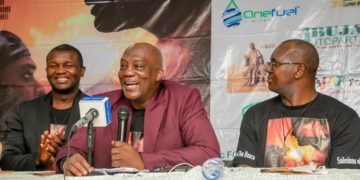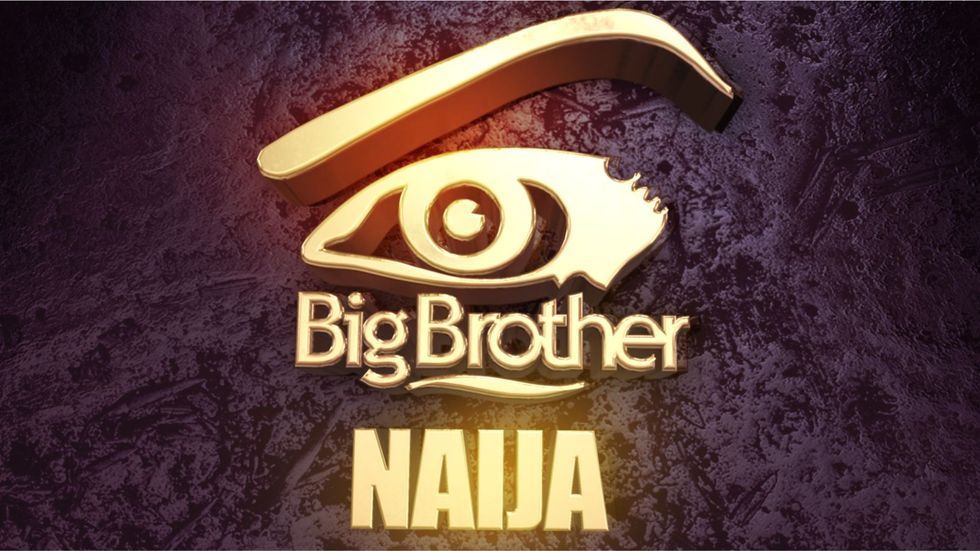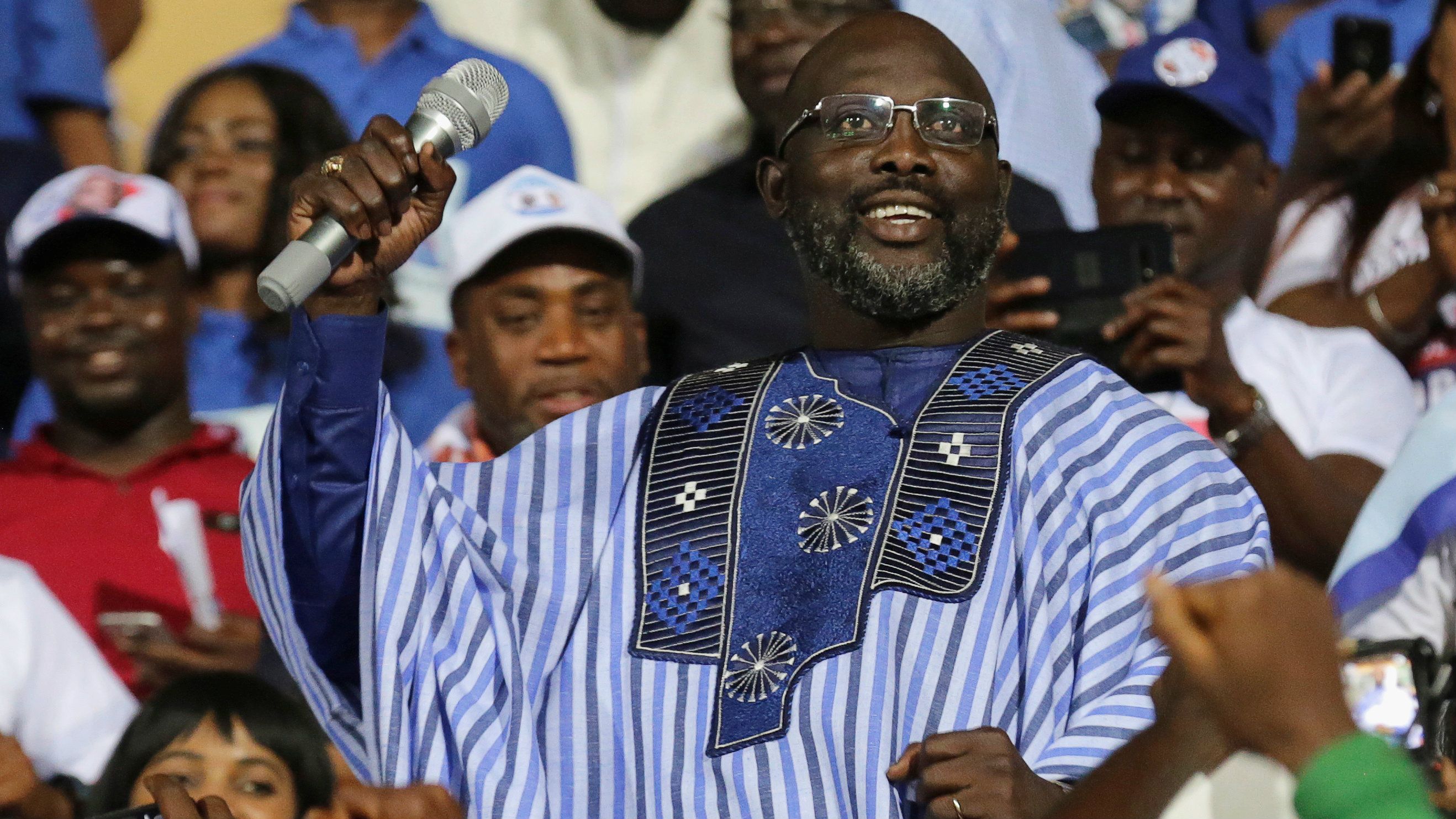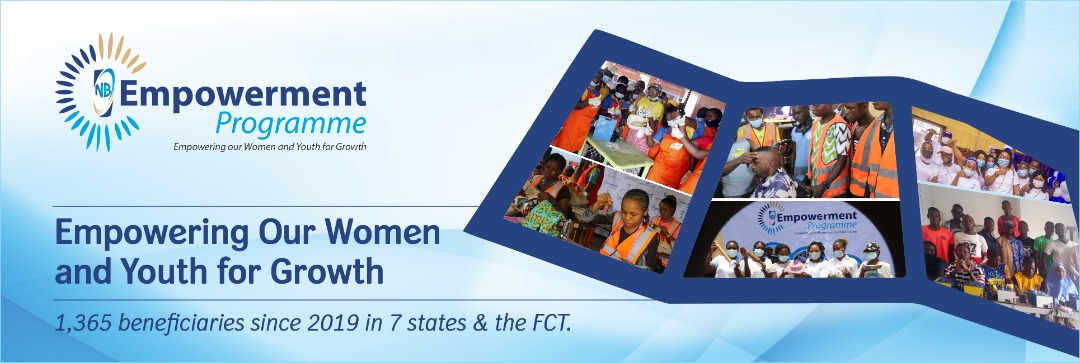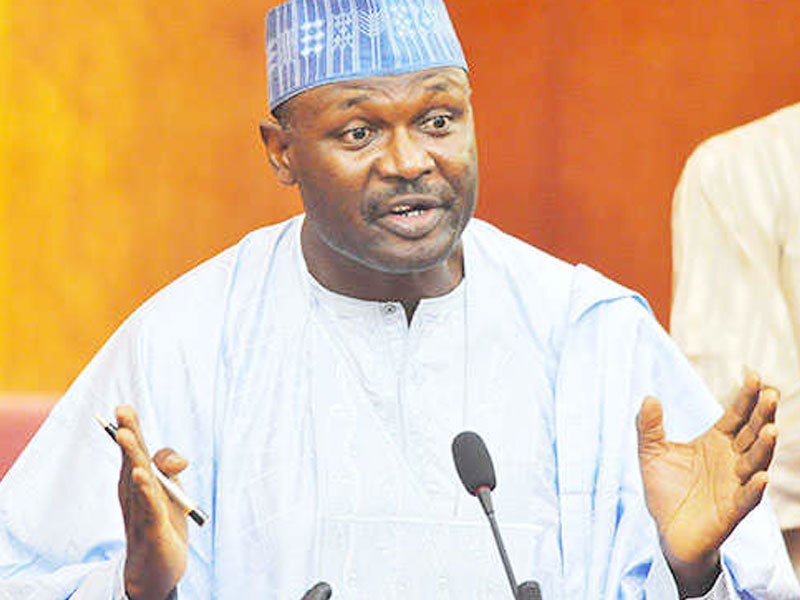By Paul Ejime
Liberia’s President Goerge Weah has conceded victory to his longtime political rival, former vice President Joseph Boakai even before the official announcement of results of their tightly fought 14 November presidential run-off contest, thereby demonstrating good sportsmanship as an ex-World footballer.
In his concession speech, Weah, 57, confirmed that he had telephoned “President-elect” Boakai, 78, to congratulate him on his victory, hours after Liberia’s National Elections Commission (NEC) announced that Boakai had edged the former footballer by *50.89%* to *49.11%* from *99.58%* of the poll results processed by Friday 17 November.
The Commission has still to announce the complete official results, but Weah said although his “(Coalition for Democratic Change) CDC has lost the election, but Liberia has won.”
“Under my leadership, these elections were organized with a promise to the Liberian people – a promise of fairness, peace, inclusiveness, transparency, and credibility,” Weah said, adding: “I am proud to say that we have fulfilled that promise. The Liberian people have spoken, and we have heard their voice.”
He affirmed “I remain your President until the handover of power, and I will continue to work for the good of Liberia. Let us heal the divisions caused by the campaign and come together as One Nation and One United People.”
As it rained in the nation’s capital, Monrovia, on Friday, the mood at the CDC headquarters was subdued in contrast to jubilations by victorious opposition Unity Party (UP) supporters.
Both men have been involved in four presidential contests dating back to 2017, when Weah defeated Boakai, then deputy to former President Ellen Sirleaf-Johnson, Africa’s first elected female President.
Unlike in 2017 when Weah won with 61%, Boakai takes a slim margin of electoral victory to Liberia’s Executive Masion.
In his speech Friday, he called for unity, saying the closeness of the election results “reveals a deep division within our country.”
“Now more than ever, unity is paramount for the love of Mama Liberia,” said the outgoing president of Africa’s oldest republic founded by freed slaves from America in 1847.
The last time politically restive West Africa witnessed what promises to be a peaceful transfer of power was in 2015, when Nigeria’s former President Goodluck Jonathan conceded defeat to then opposition candidate Gen. Muhammadu Buhari, who completed his two terms of eight years in May 2023.
Otherwise, most presidential elections in the Economic Community of West African States (ECOWAS) region have ended in polarising legal disputes.
In recent years, the region has also been rocked by more than half a dozen military coups that ousted elected governments, and a series of divisive electoral contestations from Ghana to Guinea Bissau, Mali, Niger, Benin, Nigeria, and lately, Sierra Leone.
Credit is due to the Mrs. Davidetta Browne Lansanah-led NEC Liberia, which has been generally commended for its professionalism and the transparency in the electoral process.
The Commission is also praised for its doggedness, commitment, patriotism and for “resisting political pressures” from the politicians.
This feat is particularly noteworthy, given the inadequacy and late release of funds to the Commission as well as disruptive infrastructure deficit, particularly the country’s bad road network and the inclement weather (rainy season), under which the presidential and legislative elections were held.
It was also the first time that Liberia would conduct post-war elections without support/presence of the United Nations Mission, which ended its stabilising operations in the country in 2018 following two devastating civil wars that ended in 2002.
ECOWAS-led international support and preventive diplomacy also contributed to Liberia’s current electoral success.
Apart from dispatching more than 200 Election Observation Missions led by Prof Attahiru Jega, former Chair of Nigeria’s Independent National Electoral Commission (INEC) to the first and second-round elections, ECOWAS also supported Liberia with US$500,000, and along with the African Union, recruited election experts to assist NEC Liberia during the elections.
Liberia’s lingering post-war reconstruction challenges and the severe impact of the Covid-19 pandemic might have overwhelmed Weah’s six-year administration, which was also dogged by high rate of youth unemployment, spiralling inflation, and economic hardships, the government also endured allegations of official corruption.
It remains to be seen how a Boakai presidency would fair.
In the meantime, Liberian political stakeholders – the government, NEC, the candidates, political parties and their supporters, security agencies, and the electorate, should be proud of themselves for succeeding where other countries in the region have failed – conducting less-contentious elections.
Going forward, ECOWAS and especially, four of its member States – Mali, Guinea, Burkina Faso, and Niger – which are under military dictatorships must draw useful lessons to guide the restoration of constitutional order in those countries.
Now that Liberia has shown exemplary leadership, it is up to ECOWAS and the political class to arrest the dangerous democratic deconsolidation drift and the need to eschew “political, constitutional, or ballot box coups,” coupled with deliberate efforts to enthrone good governance across the region.
West African armed forces must also discipline themselves by sticking to their constitutional responsibility, which does not include political governance.
*Paul Ejime is a Global Affairs Analyst and Consultant on Peace & Security and Governance Communications*



